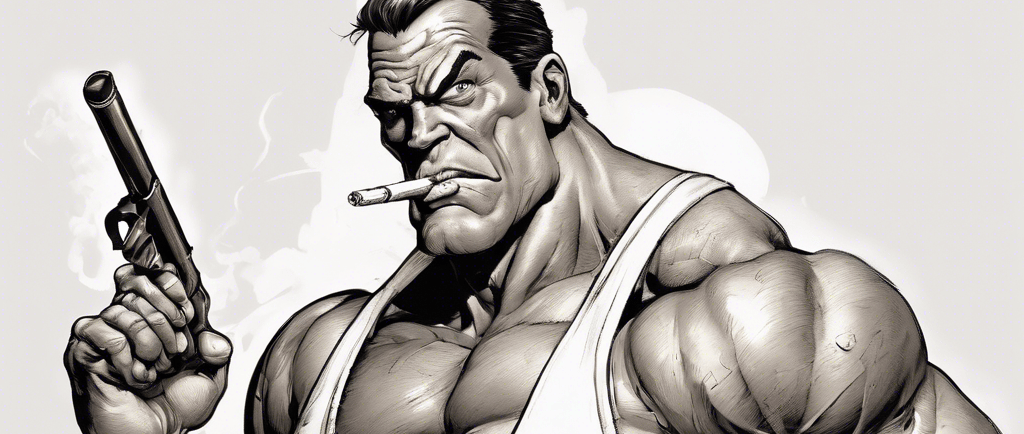Vicarious Justice
Why do we love action films?
PEOPLE
8/18/20242 min read


I was reading Why We Fight, by Christopher Blattman. The book describes "the roots of war and the path to peace."
I haven't gotten to the peace part yet, but Chapter 3 describes another reason for war... Intangible Incentives.
These incentives are those which cannot be possessed. They aren't the famous land, labor, capital.
These reasons for war are intangible, hence the name.
One of these was righteous outrage.
Righteous Outrage
"Have you ever read a book where the antagonist is so vile that you feel an irresistible urge to wish upon them a life filled with lukewarm showers and socks that always slip off in your shoes? For instance, at the beginning of John Wick where, spoiler alert, a puppy is murdered. That feeling is righteous outrage. You sense a perceived injustice.
I've wondered why we feel this. Maybe it's a matter of staying consistent with beliefs about ourselves. "I would never do that. I'm a good person. Killing puppies is bad. So I don't like the killer...." etc.
Maybe it's a natural human inclination towards justice.
Either way, this is something that most of us can relate to having felt.
Blattman explains that this is one of the reasons that in some countries the costs of war don't matter anymore... the citizens are so done with everything that's happened that they're going to see justice done even if it kills them. There's probably more to it than just this, and I can imagine a LessWrong post about this already... but rather than burst my bubble that I've begun to blow up here, we shall carry on and I'll look up if I'm remapping charted waters already... which I probably am.
Vicarious Justice
This brings me to the main point of my having started this article... what if we enjoy action movies because they allow us to see justice done, and vicariously feel as though something has taken place. It's not uncommon for me to go see a bada$$ movie and end up leaving with a sense of relief and accomplishment.
Could it be that this vicarious watching is what perpetuates the film industry?
For those who don't know, the word vicarious is an adjective which means "experienced in the imagination through the feelings or actions of another person." That definition is a good-enough one that I pulled from whatever dictionary popped up when I first searched it. In this sense, vicarious justice is an imagined sense of justice being done through having watched another person carry it out. This can take place in a movie, video game, or even while watching the trial of a person on TV.
Maybe it's this vicarious justice that drives the action industry in some part.
Maybe it's just fun to watch bad guys lose and good guys win.
Maybe it's just fun. I'll leave that up to you.
This is just a brief post, and rather than continue exploring all the reasons we watch others on film—whether it’s a form of mass control, a symbol of hope, or simply something we love—I’ll keep it short. Here’s a call to action to wrap things up.
The Man in the Arena
The following comes from a speech given by Teddy Roosevelt at the Sorbonne in Paris, France on April 23, 1910. It seems pertinent to this conversation we're having.
It is not the critic who counts; not the man who points out how the strong man stumbles, or where the doer of deeds could have done them better.
The credit belongs to the man who is actually in the arena
The reasons we indulge in shows, find entertainment, and enjoy the villain's downfall aren't as vital as how we choose to spend our time beyond that. I'm not implying we should all leave our screens behind and start fighting. Watching shows is enjoyable, and there's no shame in it. What I hope is that this brief reflection might inspire you to explore, learn, and engage with the world.
Cheers
- Aaron
--------------------------------------------------------------------------------------------------------------------------------------------------
Citations
Blattman, C. (2023). Why we fight: The roots of war and the paths to peace. Penguin Books.
